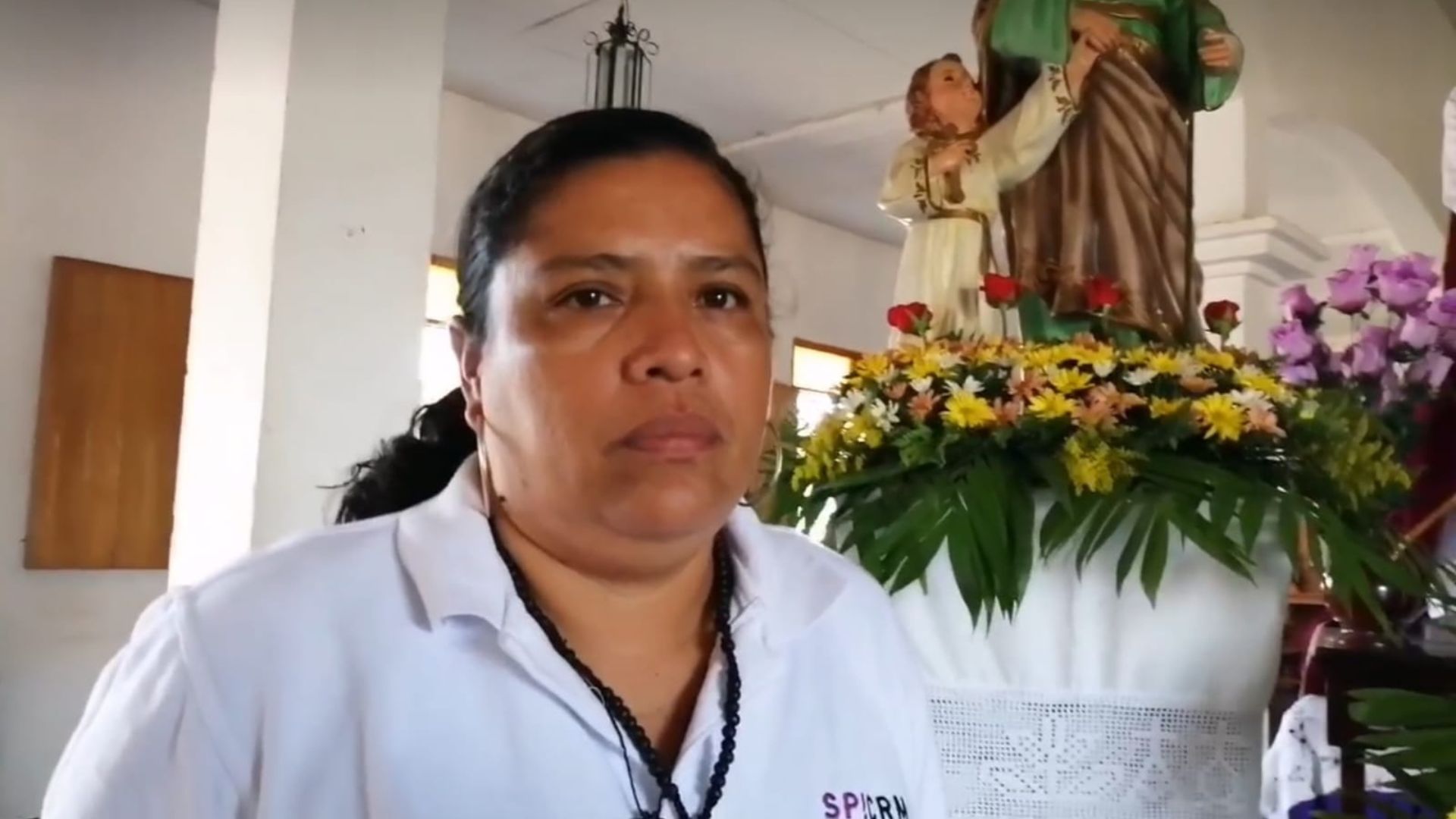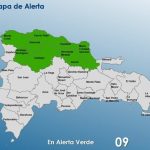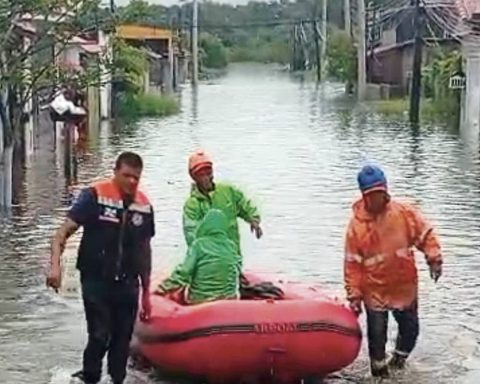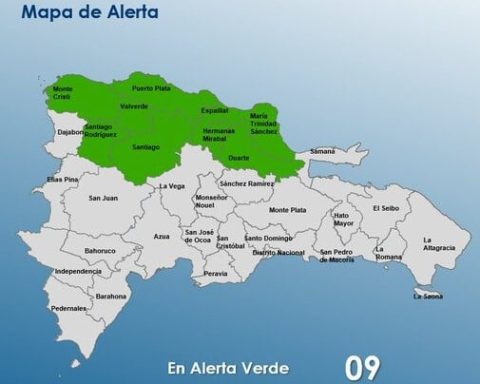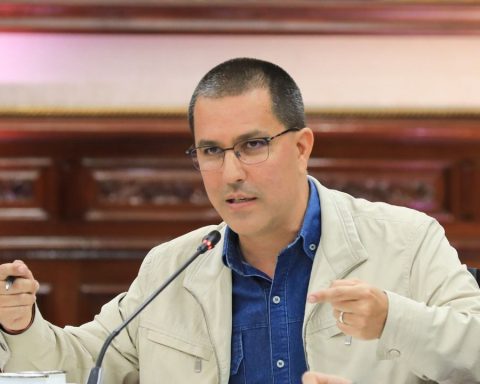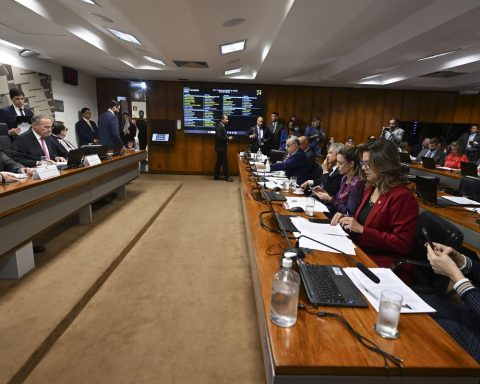The political prey Olesia Munoz PavonOriginally from the municipality of Niquinohomo, in the department of Masaya, it is 100 days since she was detained by the Police at the service of the regime of Daniel Ortega and Rosario Murillo.
On April 6, during the religious holidays of Holy Week, the 51-year-old dissident was taken from her home by police officers, who did not give any explanation to her relatives.
Related news: Relatives of Olesia Muñoz manage to see her for the first time in “La Esperanza”
Muñoz was held captive for more than two months in one of the cells of District Three of the Police, in Managua, then, on June 9, she was transferred to the Women’s Penitentiary System, known as “La Esperanza”, in Tipitapa.
After the solitary confinement to which the political prisoner was subjected, her family has been able to visit her on two occasions in the women’s prison; the first was on June 19 and the second, on the 11th of this month.
A source on condition of anonymity told Article 66 that in the last visit that the authorities of “La Esperanza” allowed Muñoz’s relatives, they verified that she is in better health and “hoping in God that soon, like all political prisoners, she will be released from jail ».
Regarding the health care of the political prisoner, the source explained that she has received medical assistance “in a timely manner.” “Thank God he is better from his chronic illnesses, such as neuropathy and depressive states.”
Related news: Relatives of Olesia Muñoz are concerned about her health
Olesia Muños faces an accusation for cybercrimes and treason. According to a relative of hers, she has not yet been found guilty. This is the second time that the citizen is a political prisoner of the Ortega regime; the first was in 2018, where she was kidnapped for almost a year; She was convicted of terrorism, released on June 11, 2019, under the controversial Amnesty Law.
According to the Mechanism for the Recognition of Political Prisoners, the Ortega and Murillo regime keeps 64 Nicaraguans imprisoned for political reasons. Opponents are subjected to torture, isolation and ill-treatment in the country’s prisons.
